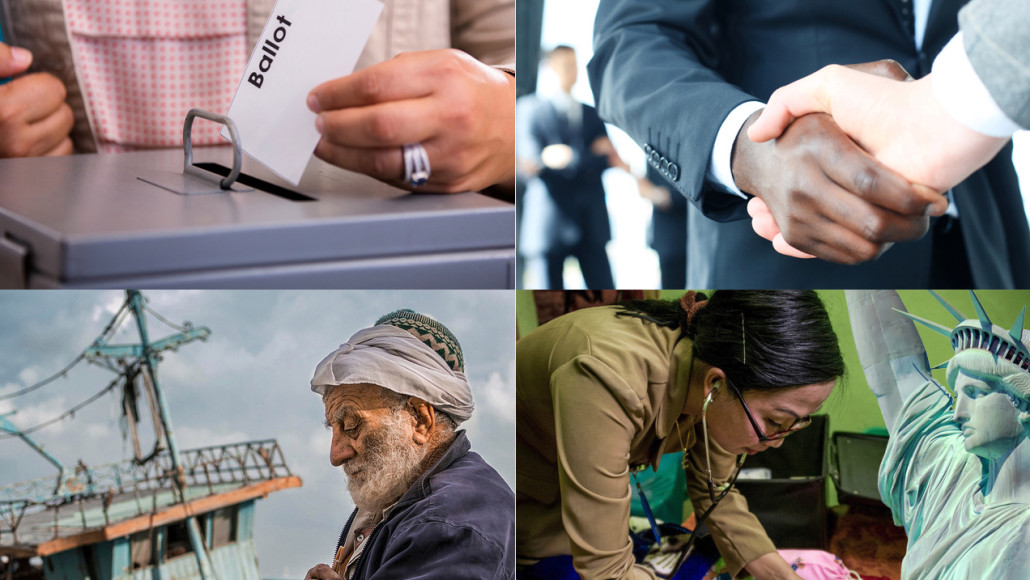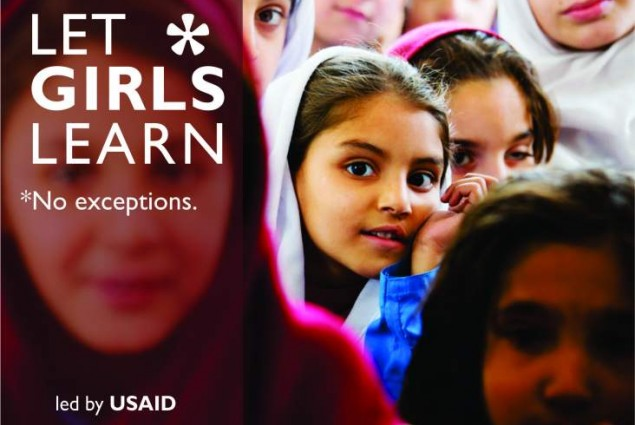Greatest living rock climber. Lone master of Yosemite Valley’s most terrifying ascent. That’s Alex Honnold.
Propelled by wiry strength, secured with chalk-dusted fingers, sticky-soled climbing shoes and months of keen, Zen-like choreography on the same escarpment, Honnold stunned even the climbing world last June, ascending nearly three thousand feet along the granite face of Yosemite’s El Capitan in less than four hours. Alone. No ropes. No safety equipment.
“May be the greatest feat of pure rock climbing in the history of the sport,” exclaimed National Geographic magazine. “One of the greatest athletic feats of any kind, ever,” mountaineering author Daniel Duane asserted in The New York Times.








